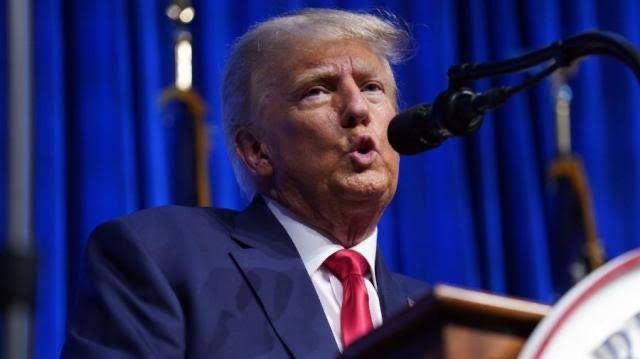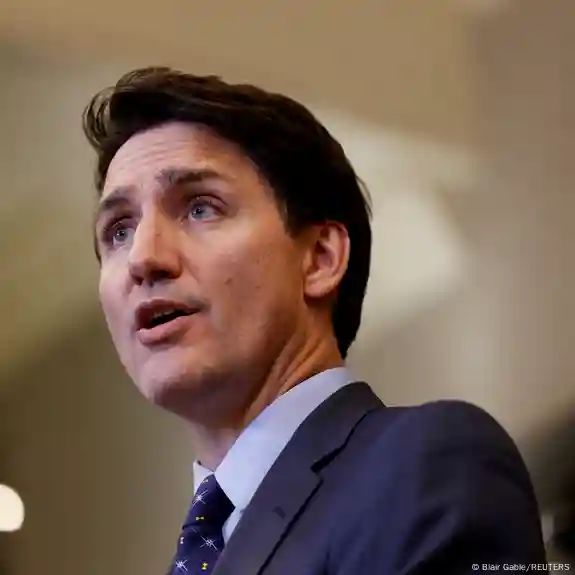By Nakiwala Barbra
Canadian Prime Minister Justin Trudeau met with U.S. President-elect Donald Trump at his Mar-a-Lago estate on Friday to address a looming trade crisis.
Trump recently announced plans to impose a 25% tariff on imports from Canada and Mexico unless both countries crack down on drug trafficking, including fentanyl, and illegal migration into the United States.
With over 75% of Canadian exports—worth $423 billion annually—heading to the U.S., the proposed tariffs have sparked fears of a major economic fallout. Experts warn that such measures could harm the economies of all involved nations, with Canada particularly vulnerable due to its deep trade ties with the United States.

The timing of Trump’s threats adds to Trudeau’s mounting challenges at home. Canada’s slowing economy, coupled with rising inflation, has already eroded his popularity. As polls show Trudeau’s Liberal Party trailing the opposition Conservatives ahead of the 2025 election, the pressure to secure Canada’s economic interests is more urgent than ever.
To prepare for the meeting, Trudeau held talks with the premiers of all 10 Canadian provinces earlier this week. Stressing the seriousness of Trump’s statements, Trudeau rejected the notion that the tariff threat was merely a bargaining tactic. “When Donald Trump makes statements like that, he plans on carrying them out. There’s no question about it,” he said.

Trump’s proposed tariffs are part of a broader trade agenda, which also targets China and Mexico. Economists warn that such measures could trigger a ripple effect, further straining international trade relationships and increasing economic uncertainty.
As Trudeau works to prevent a trade war, the stakes remain high for both nations. His visit underscores the fragility of U.S.-Canada relations and the immense pressure on leaders to find common ground before economic damage becomes unavoidable.








